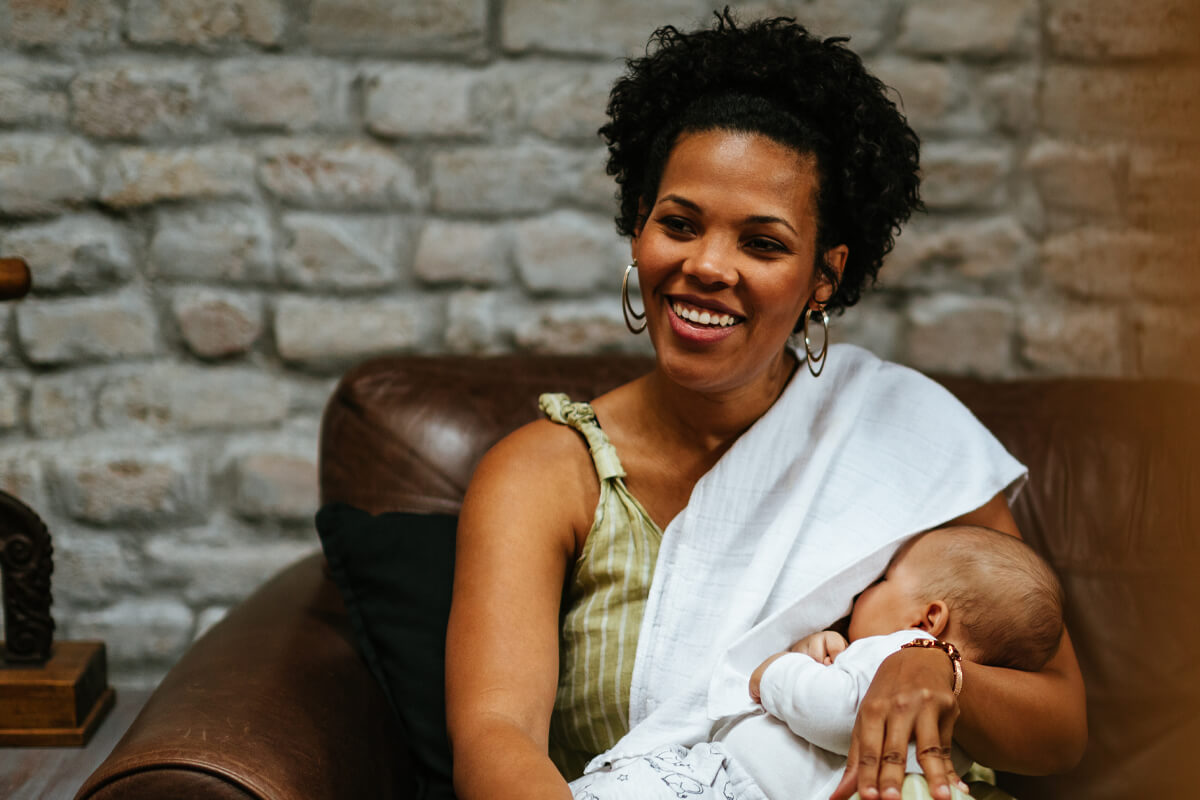The Ultimate House Viewing Checklist for Buyers
06 Jan
Please wait...
25 Aug

Recent statements released by CARPHA encourage the mothers of the Caribbean to breastfeed their babies to increase the health of Caribbean Children. Raising the future generations of Caribbeans may even depend on this essential motherhood practice.
Dr. Joy St. John is the Executive Director at the Public Health Agency. She has boldly made this statement:
"Exclusive breastfeeding for six months benefits the infant, mother, family, community, country and environment; therefore, breastfeeding is recognized as an effective strategy in achieving regional and global goals on health, nutrition, food security, economic growth and environmental sustainability."
And while that seems like a rather large and opinionated claim, the health and wellness leaders of the world agree. American Academy of Pediatrics supports the idea:
"The short- and long-term medical and neurodevelopmental advantages of breastfeeding make breastfeeding, or the provision of human milk, a public health imperative. The American Academy of Pediatrics (AAP) recommends exclusive breastfeeding for approximately six months after birth." - AAP.
UNICEF is quoted as having said the following:
"Breastfeeding acts as a baby's first vaccine, providing critical protection from diseases and death" - UNICEF.
These findings are also supported by the World Health Organization (WHO). So, what is the opposition, you may ask?
The Decision to Breastfeed
While breastfeeding infants is a personal decision, the practice has many social implications and cultural influences weighing in on the decision.
Still, we must not ignore that some women may be unable to nurse their babies due to pain, infection, latch, and milk production.
It would seem awareness and acceptance are the keys to increasing the number of breastfed babies and thus the health of future generations. Those that decide for a non-medical reason forgo not lonely the experience and undeniable bonding- but the evident health benefits for their babies. That is why agencies like CARPHA, WHO, UNICEF, and AAP are taking action to spread the word.
CITED: UNICEF.org, thecaribbeannewsnow.com, AAP.org, the Global Health Network